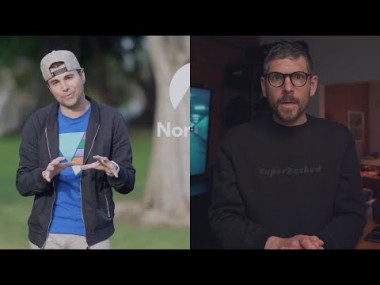Why I no longer use a VPN (most of the time) and nor should you - YouTube
Alternative https://inv.tux.pizza/watch?v=pp-INfssWBo

Welcome to Incremental Social! Learn more about this project here!
Check out lemmyverse to find more communities to join from here!